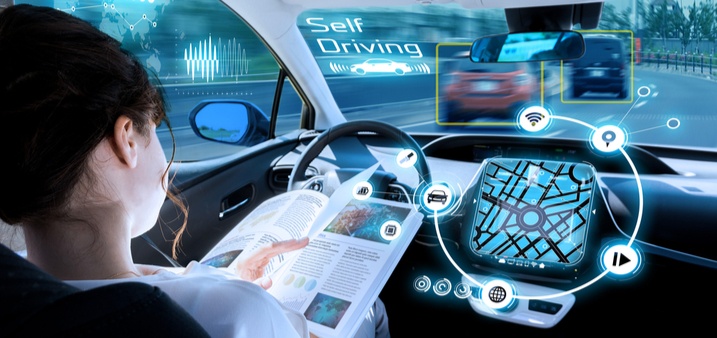Over the last 100 years, electricity has gone from being a little more than a curious science experiment to an integral component of virtually every aspect of American life. According to Stanford University Professor Andrew Ng, artificial intelligence is now doing what automation did a century ago. “Today I actually have a hard time thinking of an industry that I don’t think AI will transform in the next several years,” Ng recently told Legal Technology Today.
Artificial intelligence has already changed the lives, tastes, and habits of today’s consumers, and companies like Amazon, Google, Netflix, Spotify, and Uber are changing the trajectory of many deep-rooted industries. The future is now. Globally, experts warn that many occupations will suffer. But on a more positive note, Garner predicts that 2020 will be a game changer in terms of employment that is related to artificial intelligence, but AI is expected to create more jobs than it eliminates – two million net-new jobs by 2025.
Here are some industries that will be impacted by AI in the not-so-distant future:
#1: Healthcare
Medical and pharmaceutical companies are utilizing automation to perform a number of medical procedures, including when diagnosing disease, delivering anesthesia, and performing surgery, sometimes with more accuracy than humans can provide. This innovation promises to result in a superior patient experience, better quality of service, improved project implementation, and something on the minds of most Americans: lower costs.
Advances in AI are prompting key changes regarding how technology is being applied in everyday healthcare settings. As AI is integrated into the clinical workflow, practitioners will be armed with real-time data provided directly at the point of care.
#2: Transportation
Fully autonomous vehicles (self-driving cars) will be hitting the nation’s roads in great numbers in the next few years. Although not yet widely available for commercial use, self-driving cars promise to improve transportation in a number of ways. A 2018 report entitled, America’s Workforce and the Self-Driving Future: Realizing Productivity Gains and Spurring Economic Growth report predicts that when fully deployed, driverless cars will contribute upwards of $800 billion annually in economic and social benefits in the form of increased safety, decreased accident risk, shorter commuting times, environmental benefits, and lower energy costs.
#3: Finance
AI is already being used to detect fake credit card transactions and combat fraud in the finance industry, and much potential to disrupt this industry remains, if regulations don’t get in the way. Automation is well on its way to being used to make data-driven decisions regarding how to invest money, when to buy and sell stocks, the use of emerging new technologies such as digital currencies, and nearly everything in between. Many financial institutions are currently generating value from automation. JPMorgan is utilizing bots to handle internal IT needs and Barclays introduced robotic process automation (RPA) across several processes, cutting its bad debt ratio by approximately $225 million per year.
#4: Retail
According to a New York Times report, retailers are currently in a race with Amazon to automate their stores. Last year, Amazon opened Amazon Go, a checkout free convenience store in downtown Seattle, and other top retailers are quickly following suit. In China, a chain of over 100 unmanned convenience stores called Bingo Box allows shoppers to enter by scanning a code and unlocks the exit door once they’ve paid for items via their phones. Back in the U.S., Walmart is experimenting with Bossa Nova robots in many locations to perform the workers’ most tedious tasks. At 120 of Walmart’s 4,700 U.S. stores, shoppers can scan items as well as pay for them on their smartphones, although a human employee gives customer carts and receipts a look over before they hit the exit.
#5: Litigation
For the last 16 years, automation software has attempted to solve the main problems of litigation professionals when it comes to electronic discovery – it is costly and takes too long. AI has been used in the review phase of the eDiscovery process for the last decade; however, according to the Blickstein Group’s 10th Annual Law Department Operations Survey, nearly 2/3 of all law departments are currently not using AI at all. But this is about to change, as AI’s integration into document review is now much simpler and automation’s ability to predict document relevance, suggest document codes, and prioritize documents for review will radically streamline the human review process.
Do you know of other industries that will be significantly disrupted by automation in the years to come? Tell us about them in the comments!









